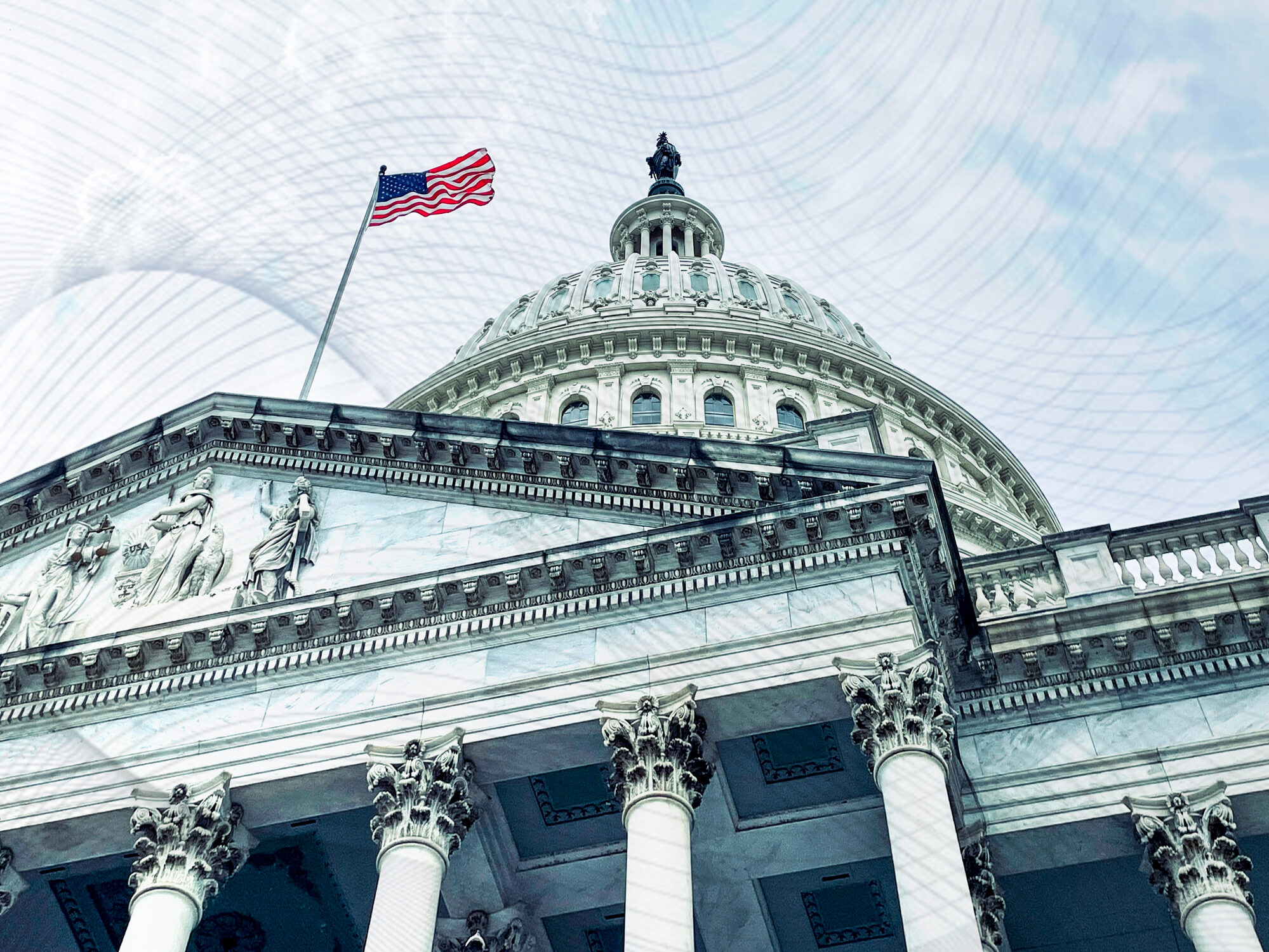
What They Are Saying: Conservatives Are Weighing in on Biden-Era Section 1033 Rule that Distorts the Free Market
Jul 30, 2025
Consumer Financial Protection Bureau’s Rule is Deeply Flawed Government Handout to Certain Businesses at Expense of Competition and Consumer Safety
Yesterday, the Consumer Financial Protection Bureau (CFPB) under the Trump administration’s direction announced it requested a stay in a lawsuit challenging the agency’s Section 1033 Rule.
Americans for Free Markets (AFFM) applauds President Trump and his administration for staying consistent on the deeply flawed and unlawful Biden-era rule while ignoring anti-free market calls for the President to reverse his decision. This announcement is a step in the right direction, and we encourage the CFPB under President Trump’s leadership to take measures to reverse this regulatory overreach, protect consumer privacy and defend free market principles.

While yesterday’s news is welcomed, the anti-free market media and lobbying blitz by data middlemen over concerns they may lose unfettered free access to financial data held securely by banks across America cannot pass without scrutiny. These groups are highly motivated to lock in a Biden-era regulation that would cement their ability to access bank customer data they neither own nor control for free and for as long as they can. They even called on the Trump administration to reverse its decision that the CFPB Section 1033 Rule was unlawful, claiming disingenuous concerns over consumer privacy or making inaccurate comparisons to Operation Chokepoint.
Conservative thought leaders and policy experts are pushing back against the data middlemen’s rhetoric, calling attention to the simple fact that they are only concerned with profiting off privacy at no cost. No firm in a functioning free market has a right to free access to another firm’s assets, and government regulation should not mandate winners and losers — that would only distort the free market while disincentivizing innovation and risk-taking for financial institutions.
Here’s what conservative thought leaders, influencers and policy experts are saying in the debate:
Mark Steffen, Former Kansas State Senator and Conservative Columnist, Trending Politics: “The true crux of the debate may lie beneath the surface: Industry insiders say fintech companies are motivated to maintain a business model that receives valuable consumer data for free.”
- “At the heart of the debate is…a European-inspired regulation pushed by Biden-appointed CFPB Director and Elizabeth Warren protégé, Rohit Chopra.”
Bank Policy Institute: “Banks have already made it possible for hundreds of millions of Americans to safely access and share their data – the current rule undermines and disrupts that ecosystem to the benefit of tech companies looking to profit even further from consumers’ data.”
Vance Ginn, Former Chief Economist of the Trump 45 White House’s Office of Management and Budget and President of Ginn Economic Consulting: “When regulators try to force the adoption of specific technologies or frameworks—especially in fast-moving sectors like financial tech—they risk distorting the market and stifling innovation. Consumers suffer when agencies pick winners and losers in the name of efficiency.”
- “Section 1033 is a government-mandated data grab that undermines the rule of law, property rights, and economic freedom. It should be scrapped, along with the CFPB.”
Dan Savickas, Vice President of Policy and Government Affairs, Taxpayers Protection Alliance: “In practice, large data aggregators have abused the implementation of this rule to put consumer data at risk.”
- “Millions of Americans are unaware of how frequently their data is being accessed by third parties and why.”
- “Repealing the rule will stop the aforementioned over-collection of consumer data. It will ensure that data aggregators will pull this data only as much as they need to, trimming down the excessive pulls without a consumer request.”
Joint Bank Statement, Industry Trades: “Aggregators profit from obtaining data from banks, saving that data into their own systems and selling access to fintech developers building financial applications. Fintechs then offer a variety of other products and services that rely on consumers’ financial data for which they too are paid. Without the ability to obtain consumer data securely, aggregators’ and fintechs’ business models would be significantly undermined.”
John Tamny, Conservative Columnist and Founder of the Parkview Institute: “[1033] becomes a subsidy for the myriad other businesses inside and outside of finance eager to poach some of the most remunerative customers in the world while armed with some of the best information. No business can give away something so valuable for free.”
Pete Sepp, President, National Taxpayers Union: “These services that give consumers financial peace of mind are hardly ‘free.’ Banks invest billions of dollars in data and network security, which must somehow be financed. … the government risks setting a precedent that strands a disproportionate share of costs on one part of the financial sector (consisting largely of traditional institutions).”
Jared Whitley, Conservative Columnist, Townhall: “Earlier this year, the Trump Administration called the rule “unlawful” and announced its intent to “set it aside” before it would take effect — and that action can’t come soon enough. Data aggregators are accessing our accounts far beyond any legitimate need, and 90% of the time without us asking for it.”
- “The rule was designed to reinforce activity that has opened the door for even more abuse of our privacy.”

